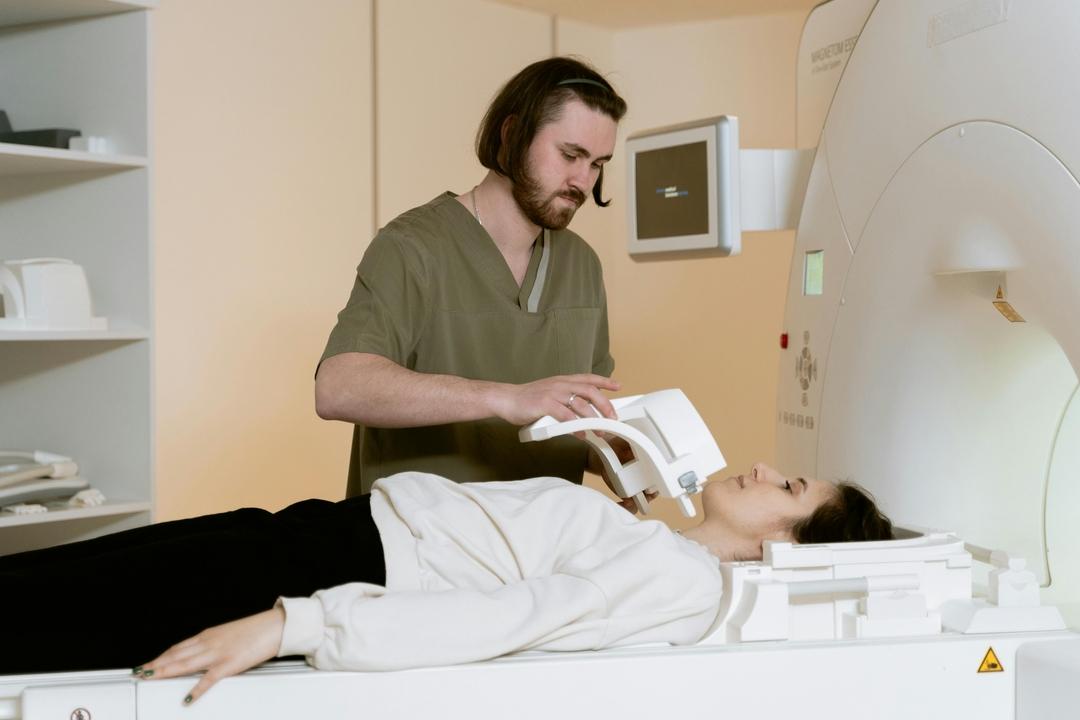How Does Rehabilitation Documentation Strengthen Legal Evidence?

Understanding the Role of Rehabilitation Services in Legal Evidence
When facing legal proceedings, particularly those involving injury or disability claims, documentation from Rehabilitation Services plays a pivotal role. Legal cases often depend on precise and thorough records to support claims. These documents provide evidence of treatments, outcomes, and professional opinions regarding an individual's recovery. Meticulous rehabilitation documentation not only helps clients receive proper compensation but also helps legal teams build a solid case around the facts.
Why Comprehensive Rehabilitation Documentation Matters
In legal contexts, rehabilitation documentation forms a critical component of the evidence that lawyers rely on to demonstrate the extent of injuries and their impact on the claimant’s daily life. Detailed records can strengthen a legal case in the following ways:
-
Proof of Injury and Recovery Progress: Accurate documentation outlines the injury, recovery efforts, and ongoing treatments. Rehabilitation professionals record everything from initial diagnoses to treatment plans and patient progress. This helps establish a timeline for recovery, ensuring that the case includes substantial evidence.
-
Validation of Professional Opinions: Courts often require expert testimony to verify the severity and lasting effects of an injury. With detailed documentation, rehabilitation specialists can provide reliable data and insights that support their professional conclusions.
-
Consistency in Patient Care and Legal Testimony: Misaligned or inconsistent records can weaken a legal argument. By ensuring continuity and detailed accounts, rehabilitation services reduce the chances of discrepancies that could be exploited by opposing counsel.
-
Objective Evidence: Rehabilitation services maintain unbiased and medically grounded documentation. This objectivity strengthens the case, providing credible evidence to back claims for compensation, whether through insurance or legal action.
Common Misconceptions About Rehabilitation in Legal Contexts
There are several misconceptions about rehabilitation when it comes to its role in strengthening legal evidence. Understanding these misconceptions helps avoid common pitfalls and ensures proper documentation.
-
Misconception #1: Only medical records matter.
-
In fact, rehabilitation records are crucial as they document long-term impacts and the rehabilitation process. Medical records show diagnosis and treatment but often lack the depth required to illustrate prolonged recovery efforts.
-
-
Misconception #2: General descriptions suffice in rehabilitation documentation.
-
Legal proceedings demand precision. Vague notes on patient progress or generic treatment descriptions fail to convey the complexity of recovery. Comprehensive and precise documentation is essential.
-
-
Misconception #3: All documentation is equally reliable in court.
-
Not all documents carry the same weight in court. Reports generated by qualified rehabilitation professionals who follow standardized reporting protocols are much more reliable as evidence compared to incomplete or non-standardized documentation.
-
Essential Components of Effective Rehabilitation Documentation
Rehabilitation documentation that strengthens legal evidence must adhere to specific standards and include several essential components:
1. Initial Assessment
The foundation of a strong legal case begins with a thorough initial evaluation. This assessment should detail the patient’s condition, the nature of their injuries, and their capacity for recovery. Baseline measurements are critical to show the starting point of treatment.
2. Treatment Plan
A clearly outlined treatment plan demonstrates the intention behind rehabilitation efforts. The plan should address both short-term and long-term goals, specific therapeutic interventions, and a detailed timeline for the anticipated course of recovery. This level of detail shows the medical and rehabilitation professionals' ongoing commitment to the patient's well-being.
3. Progress Notes
Regular updates, known as progress notes, track the patient's advancements or setbacks throughout their rehabilitation. Each entry should be date-stamped, include the specific treatments administered, patient responses, and any modifications to the treatment plan. Progress notes are the backbone of legal evidence, as they provide a continuous and reliable narrative of the patient’s journey toward recovery.
4. Final Report
The final report is often requested by legal teams or insurance companies to assess the outcome of the rehabilitation process. This report should summarize the patient’s status at the end of treatment, including a comparison between the initial condition and the current one. Clear conclusions about the patient's recovery capacity and any remaining functional limitations are necessary.
Importance of Standardization in Rehabilitation Documentation
Legal processes require that rehabilitation documentation follow consistent and standardized formats. By using standardized templates, rehabilitation services ensure that no crucial details are overlooked. Moreover, consistency in the way information is recorded makes it easier for legal teams to interpret and present the data.
Standardization also allows for clearer comparison between different cases, which may help establish precedents or benchmarks in legal matters. For instance, a standardized final report from one case may help demonstrate the efficacy of a particular treatment in similar legal claims.
Conclusion: The Critical Link Between Rehabilitation Services and Legal Success
In any legal case involving physical injury or disability, rehabilitation documentation serves as a critical piece of evidence. By providing detailed, standardized, and objective accounts of a patient’s condition, progress, and outcomes, rehabilitation services help ensure that clients receive the compensation and recognition they deserve. Accurate and complete documentation minimizes the chances for misconceptions about rehabilitation to distort the facts, reinforcing the integrity of the legal process and helping claimants achieve successful outcomes.
- Art
- Causes
- Crafts
- Dance
- Drinks
- Film
- Fitness
- Food
- Игры
- Gardening
- Health
- Главная
- Literature
- Music
- Networking
- Другое
- Party
- Religion
- Shopping
- Sports
- Theater
- Wellness


